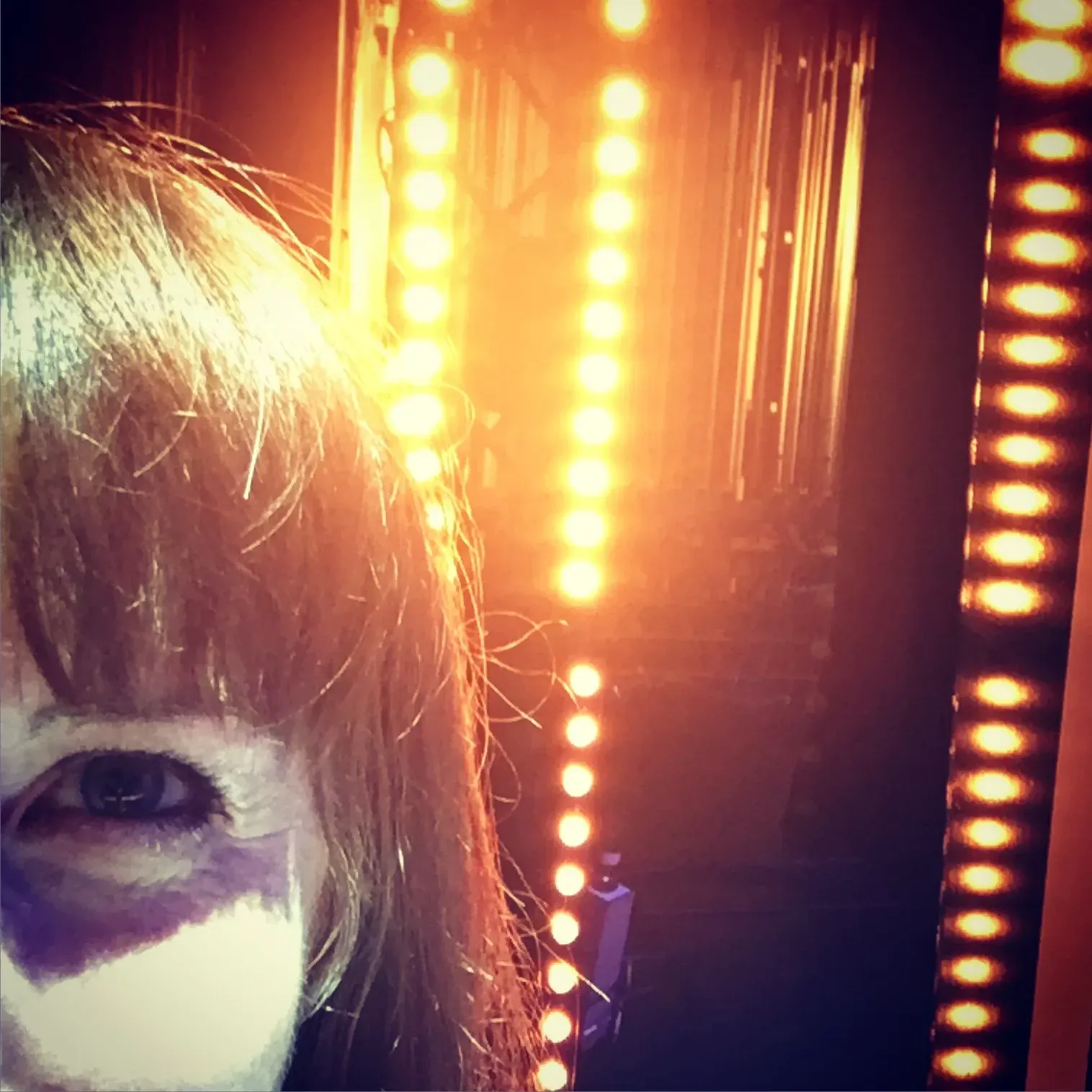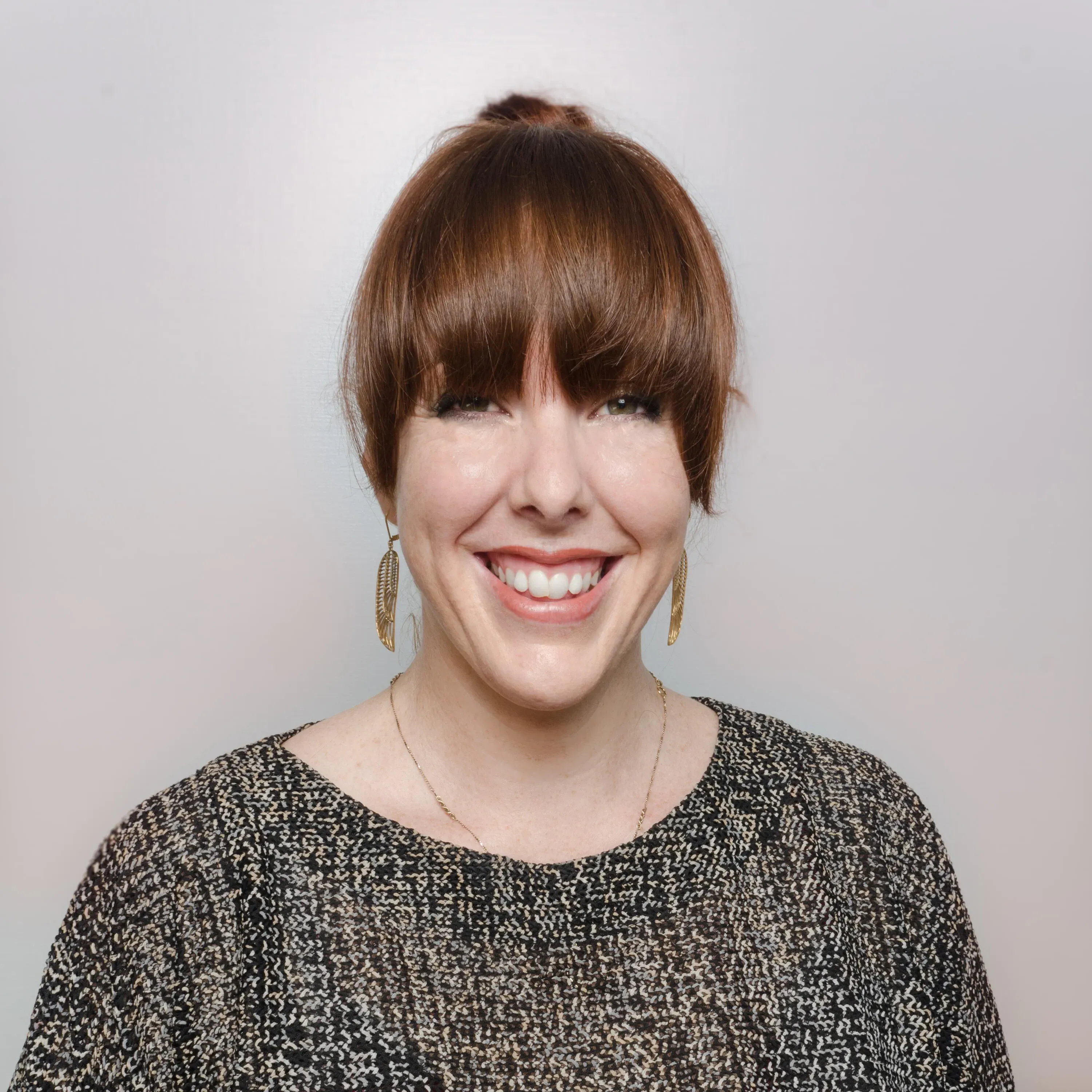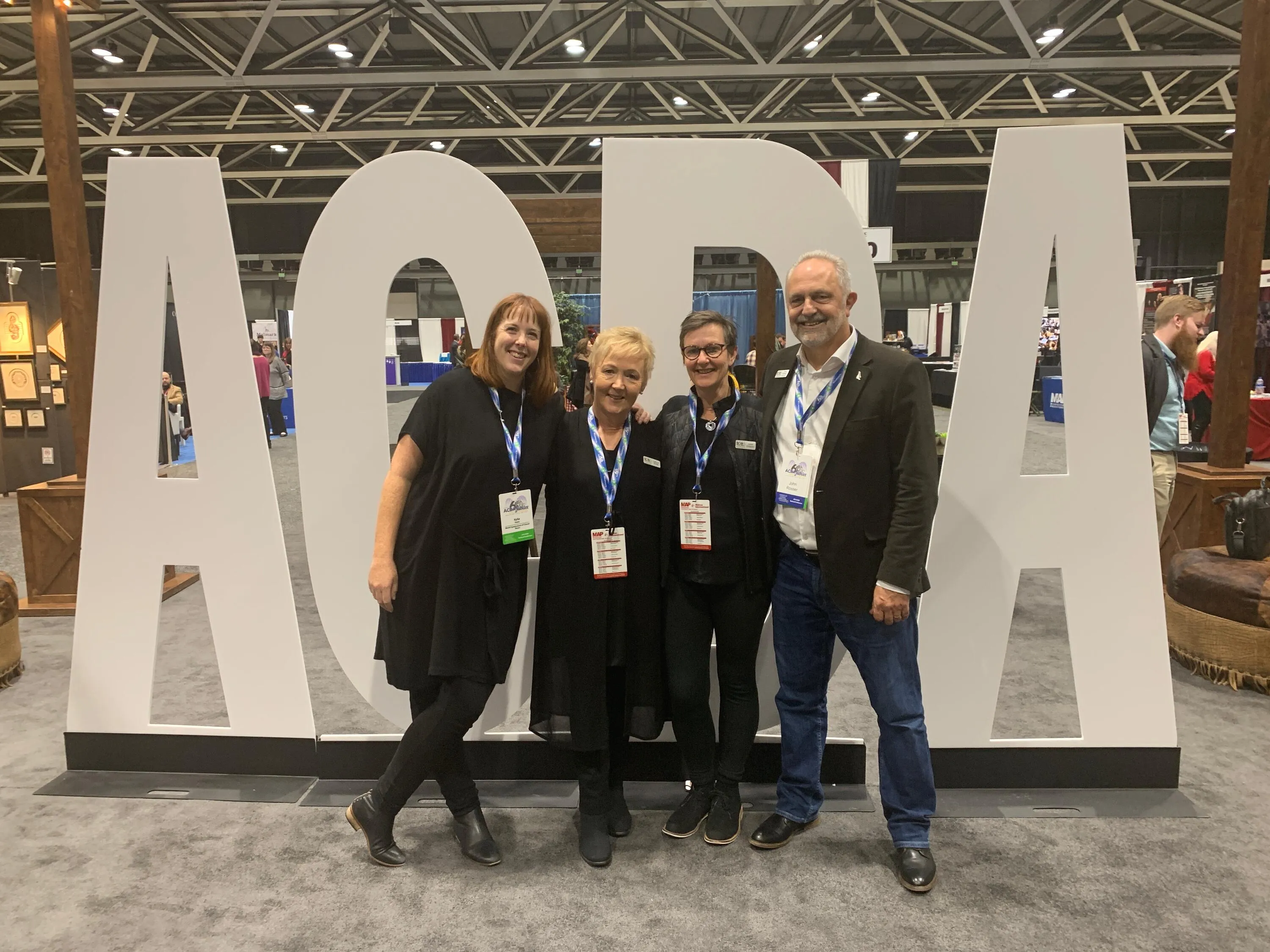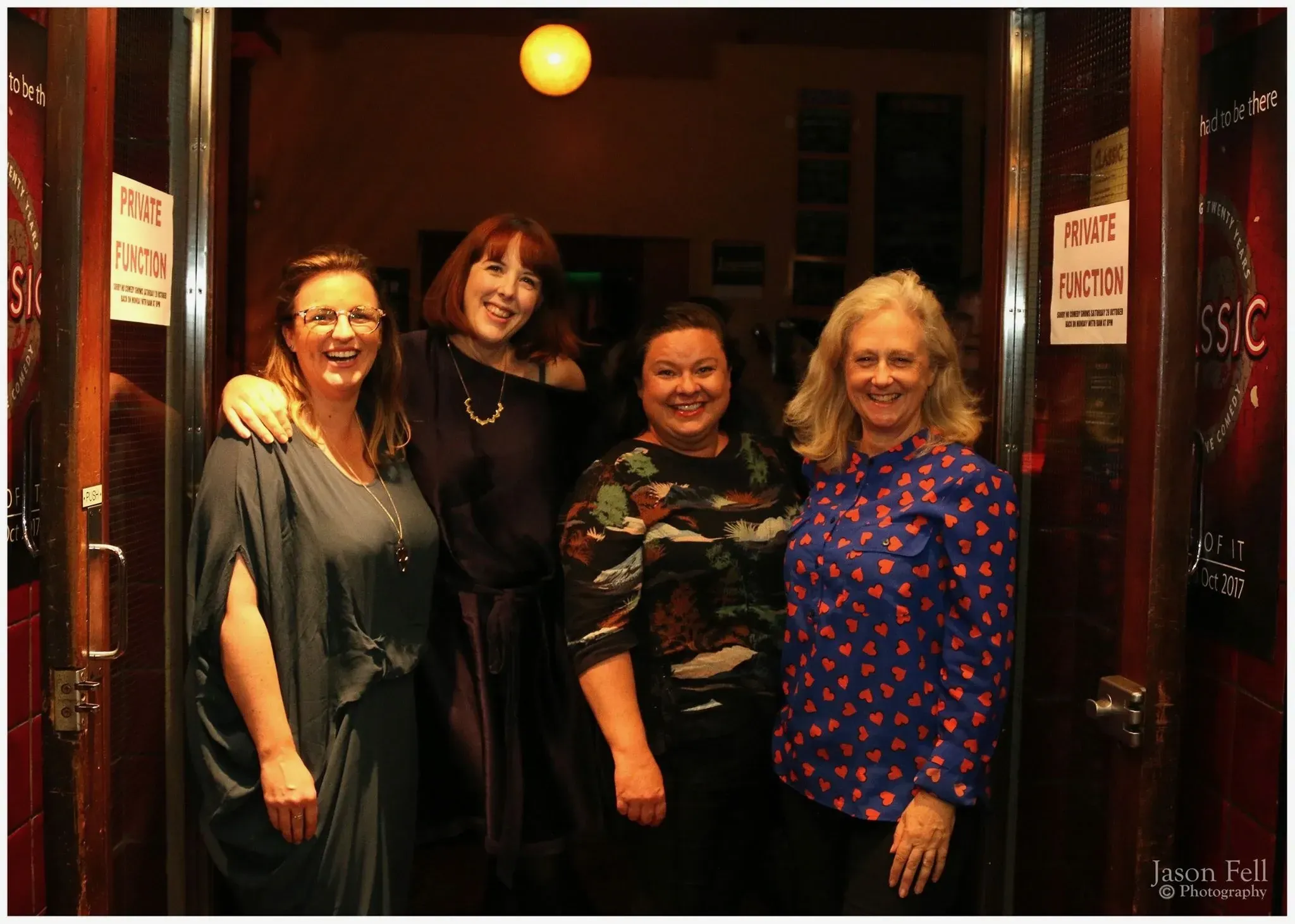Sealy the Real Deal
Written by
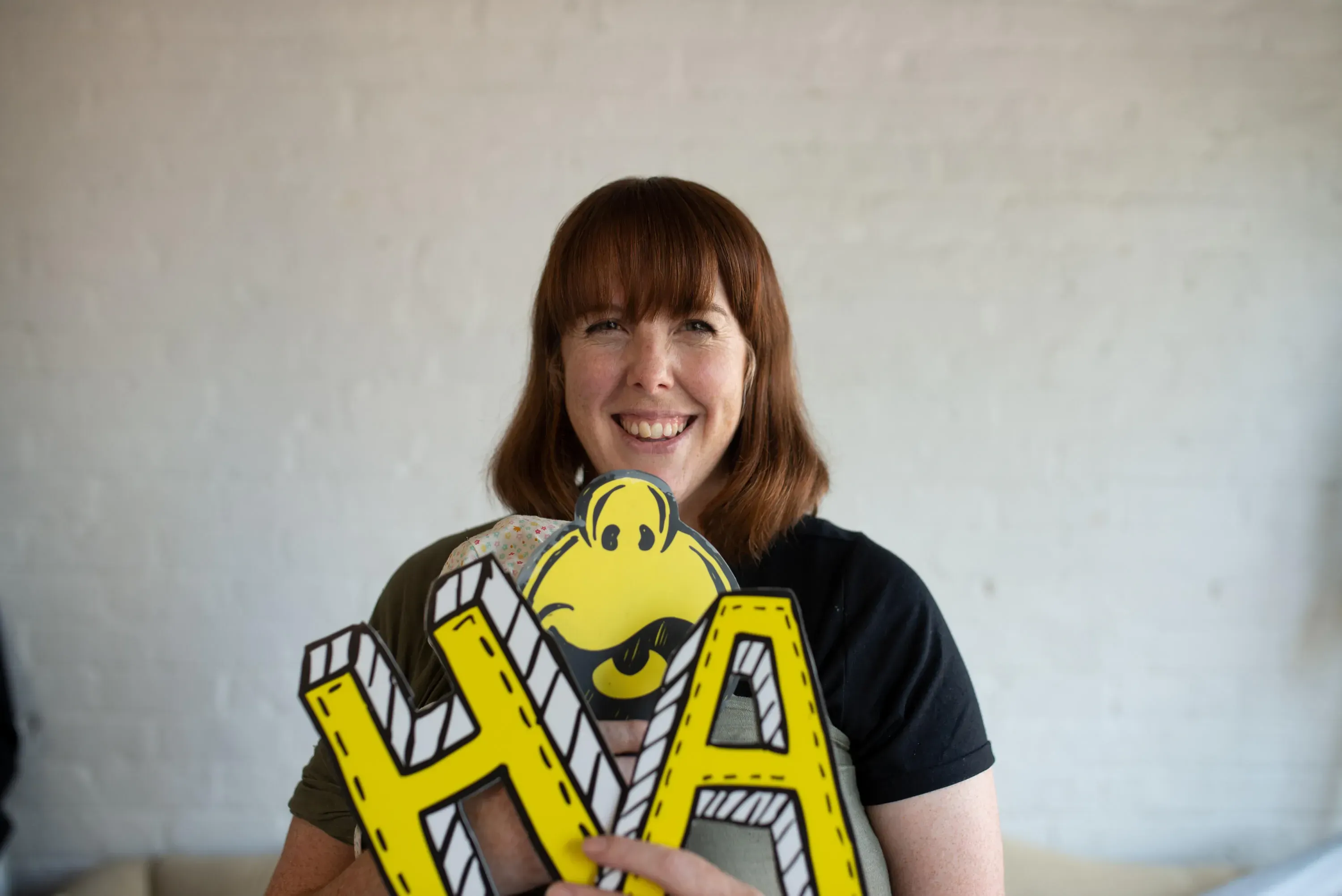
This story was originally published by our friends at Te Taumata Toi-a-Iwi.
If 2020 has taught us one thing - it’s adaptability. Being able to evolve within the arts sector isn’t just an asset these days, it’s become a survival skill.
Kylie Sealy has spent two decades doing just that.
The Tāmaki Makaurau-based arts and creative consultant has been in high demand through not one but two COVID-19 lockdowns in Auckland. She’s found after the tsunami of emotions and cancellations during the first wave in March, the sector’s response to the Level 3 lockdown has been like a kick in the guts but on a different scale.
“This time around, I think there are more challenging, longer-term effects in terms of planning for events next year,” Sealy offers. “When we came out of the first lockdown, everyone was thinking ‘great, we’ve done it - let’s move into getting things open again, making work again, staging shows, having people gather again’.
“This second lockdown has taken some of that shine off. How you plan an event now, how you open a theatre, how you bring people together is going to be even more challenging. There's the potential that lockdown could happen again, so contingency planning is more important than ever.”
Like everyone in the creative community, Sealy’s heart sank for those who have had the rug pulled out from under them again when the August lockdown was delivered. “It was the day the Basement Theatre were opening again, NZ Dance Company were doing their first show back the next night, Auckland Philharmonia had their music director back ready to do his first concert that Thursday night. It’s deeply sad.“
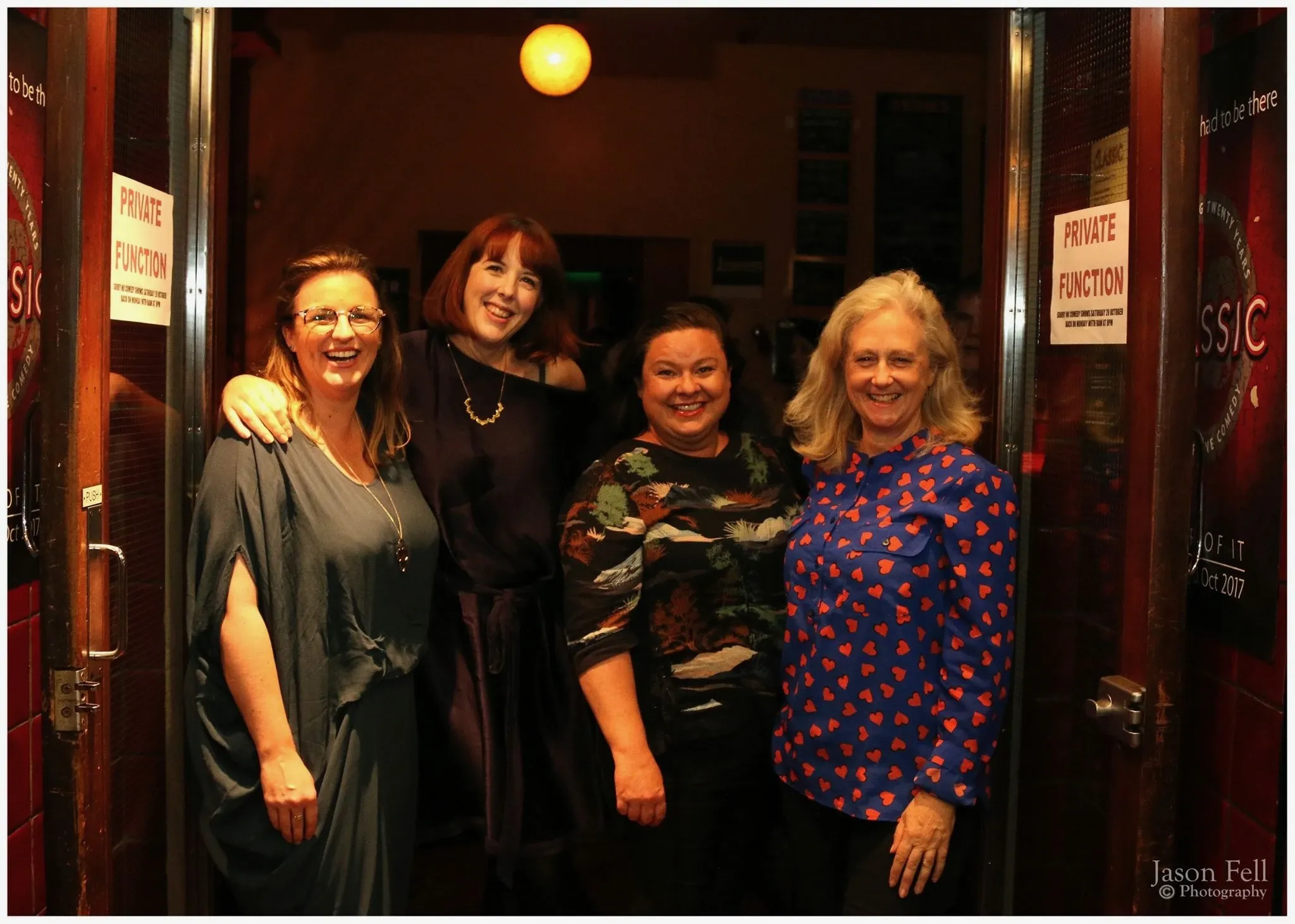
Kylie Sealy (second from left) with the NZ International Comedy Festival Directors in happier times last year. Photo: Jason Fell.
But comparatively, the frenetic nature of Level 4 made a more widespread, immediate impact.
“This time around, not a lot of the festivals were running, many of the venues weren’t quite open again. There weren't as many cancellations because most of the work hadn't even come back.
“I think (the August lockdown) has possibly been a bit kinder for people who have worked in the arts sector because they haven’t had to pivot quickly to cancel a huge scope of work.”
That’s a pain Sealy had more than her fair share of earlier in the year.
Best laid plans
Sealy loves a plan - and she’s damn good at them too.
The plan for 2020 was well mapped out. By this time of year, she was supposed to have - among other things - successfully chaired another rollicking New Zealand International Comedy Festival and brought joy to the hearts of countless music lovers after managing the World Symposium on Choral Music, hosted in Tāmaki Makaurau for the first time.
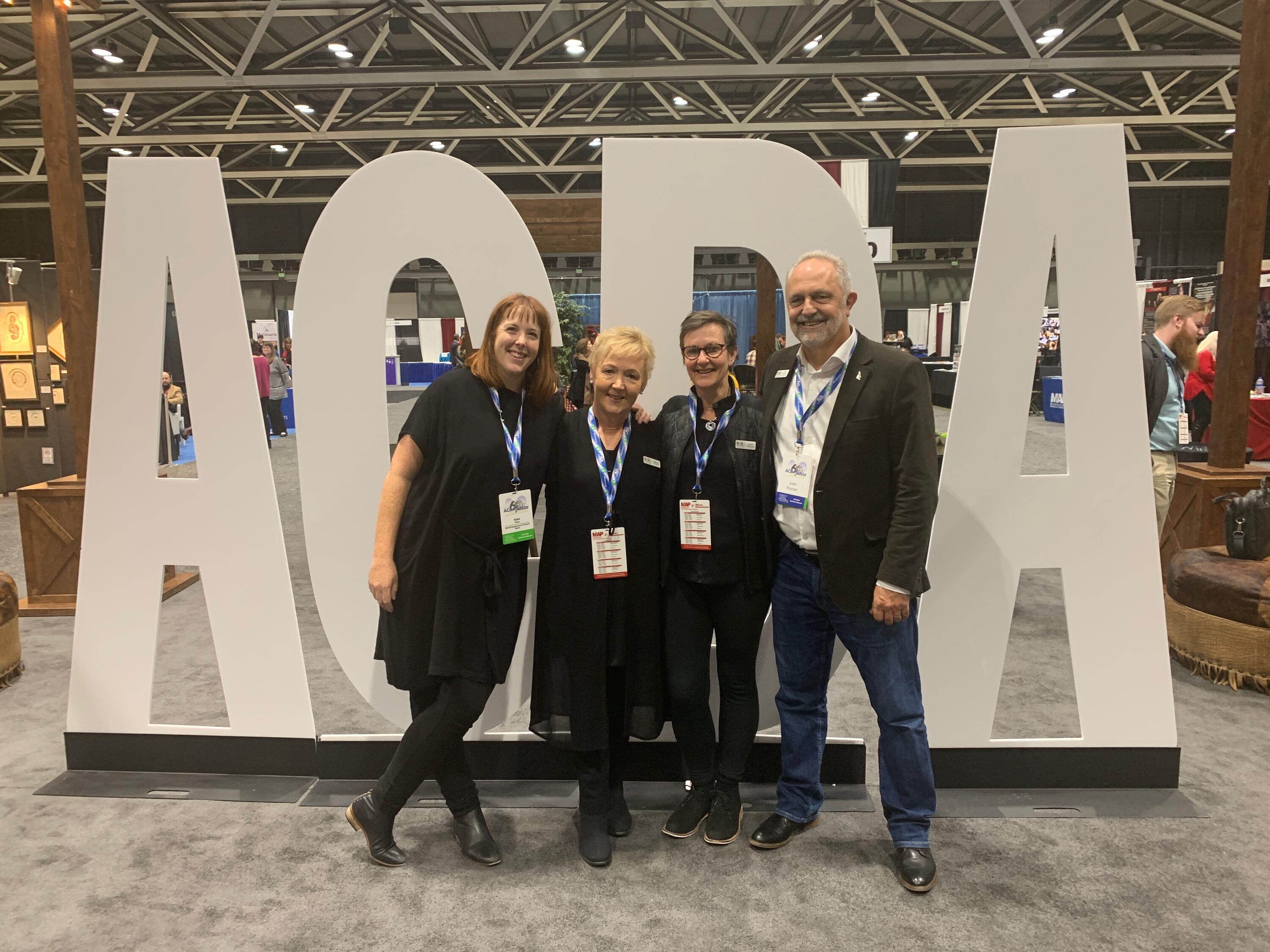
Kylie Sealy (left) with the World Symposium 2020 team at the American Choral Directors Association 60th Jubilee in Kansas City.
Then a faraway virus quickly swept into our backyard and the shutters went down in seemingly the blink of an eye.
“I feel like the year has been a bit of a blur between planning to deliver events, quickly moving into risk management then into the process of cancelling large scale events,” Sealy reflects. “That was an unexpected learning this year; the idea that cancelling large scale events almost takes as much time as you would put into wrapping up an event you would successfully deliver.
“All the work, none of the payoff. You’ve got none of the joy, none of the excitement of what gets you out of the bed in the morning in an events and arts space - the doing, the making, seeing your work on stage.”
The angst of cancelling two huge international events within a couple of days of each other in March was palpable for Sealy. April’s four week, hugely popular Comedy Fest was an early and high profile casualty for the arts sector, cancelled before Aotearoa even reached Level 4. The Choral Symposium wasn’t far behind, the prestigious once-every-three-year event was due to bring 3000 singers from around the world to our shores in July.
Both were a huge undertaking for Sealy; dismantling them was as well. Sealy describes it “like breaking a toy”, piece by piece. “The focus was very much on trying to be transparent for the participants of the events I was working on and provide information in a timely manner. I had that layer of responsibility of having to make quite big decisions and what those decisions meant for those communities as well. There’s a weightiness of holding that within the process.”
Made for a crisis
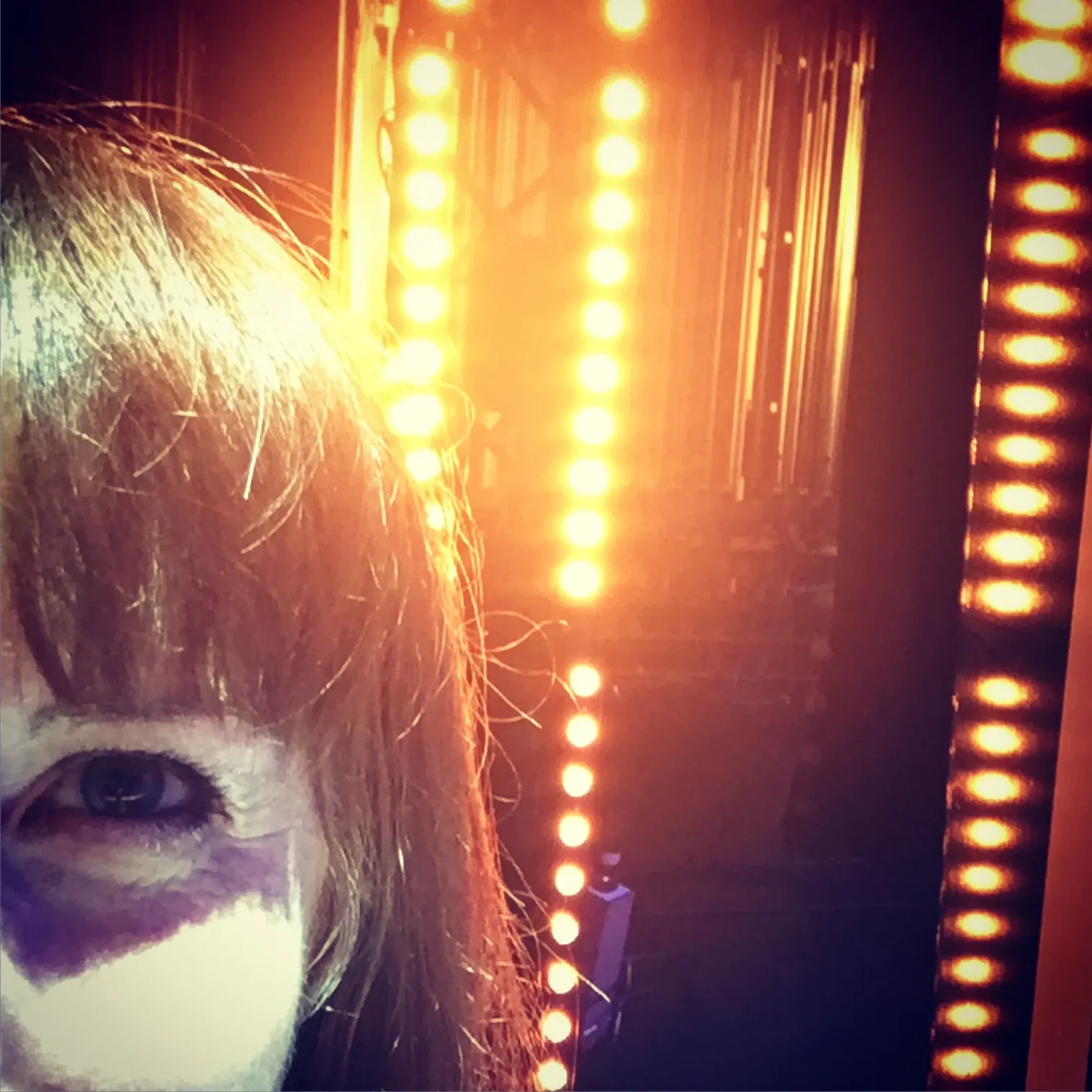
Soaking up the atmosphere backstage at the NZICF.
In an odd kind of way, a year like 2020 is custom made for someone of Sealy’s skill set. Make no bones about it - she is, at heart, a producer and a creative spark. While her favourite parts of the job have been benched, her adaptability and cool head have been a backbone for many in the sector.
An alumni of ART Venture 2010, Sealy has her hand in many projects, including as part of Te Taumata Toi-a-Iwi’s Creative Connections Network, as well as being the Chair of the New Zealand Comedy Trust, a board member for The Actors Program and lecturing in Arts and Production Management at the University of Auckland.
Her track record in advocacy for the sector has never been more crucial - or relevant. “That’s something I’ve done often in a lot of my roles, it’s about bringing framework to projects and moving them forward. That’s a natural producer instinct, bringing the right people into the room to solve a problem or overcome a challenge. I sit in that space quite easily.
“I think that need for arts advocacy at the moment, when the sector is so deeply impacted, is really important.”
As is the role of those who ‘get’ the industry like Sealy. At a time where everyone is trying to ensure their house is in order, having someone one step removed to give a helicopter view of proceedings can make all the difference.
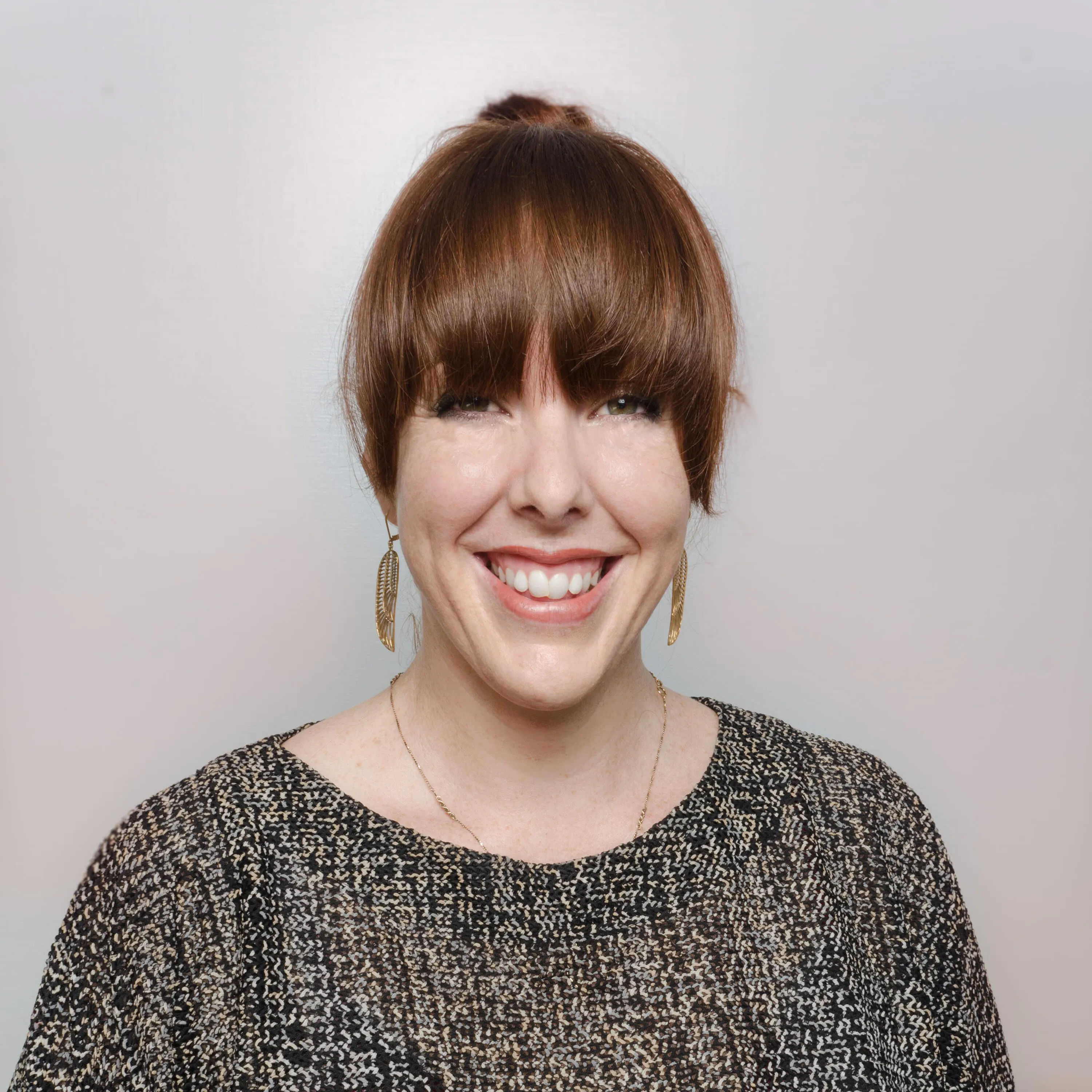
”Most arts organisations are very under-resourced, you’re in this hampster wheel of doing the next thing, then the next,” Sealy describes. “COVID has caused everyone to pause their work and there is a need to connect the art sector, which is happening through the Ngā Toi Advocacy Network and a lot of other places throughout the art space. This desire for communities to connect, the sharing of information and the power that can happen within that.
“It’s about raising the stakes, making sure those conversations are happening at a higher level. I think what Te Taumata Toi-a-Iwi are doing, convening an online election forum for the arts (which Sealy is co-producing on 24 September), those are things that buoy peoples spirits and provide some hope.”
Creative thinking
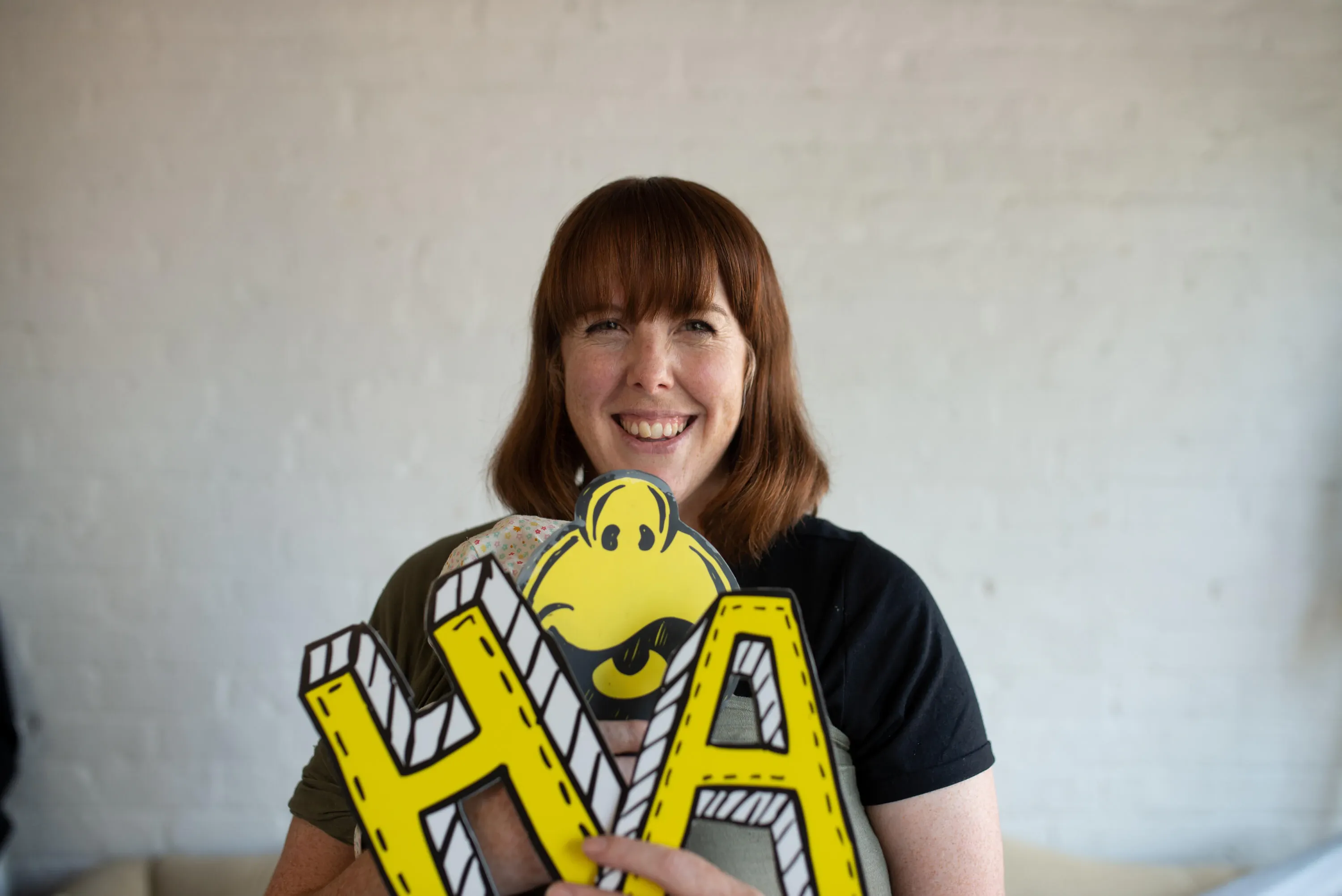
Working from home is the norm for Sealy but her arts management expertise have been put to extra use during the various levels of lockdown. Daughters Juno (7) and Clementine (4) are “old enough to be both self-sufficient and bored at the same time. I have very creative kids, it’s like a craft bomb has gone off in our house. We’ve got Lego over one side, a shop set up, there’s a lot of...looks like glitter over there…”
While working out what her family needs during these frustrating times, what the arts sector needs most is also on her mind.
“At the moment, I think it comes down to funding. Most organisations rely, to some degree, on box office or engagement. Obviously we can pivot and make work on a digital platform but it’s much harder to earn revenue in those spaces. So for me, it’s funding to get through, funding that when we come out of this, our artists are there but also our producers, production managers, technical managers, all the people that are involved in making work.
“The long term impacts of what this means for planning for work in six months or a year is the thing that will be hard to work through. I think that the arts sector is very good at working in those grey spaces and rolling with the punches but I think this is really taking it to the next level.
“How do you plan for mass gatherings in such uncertain environments? I’m working on an event bid for 2024 which is an interesting contrast of being in lockdown while projecting how to get people together on a large scale. All of a sudden, ‘Pandemic’ is on your risk register.”
